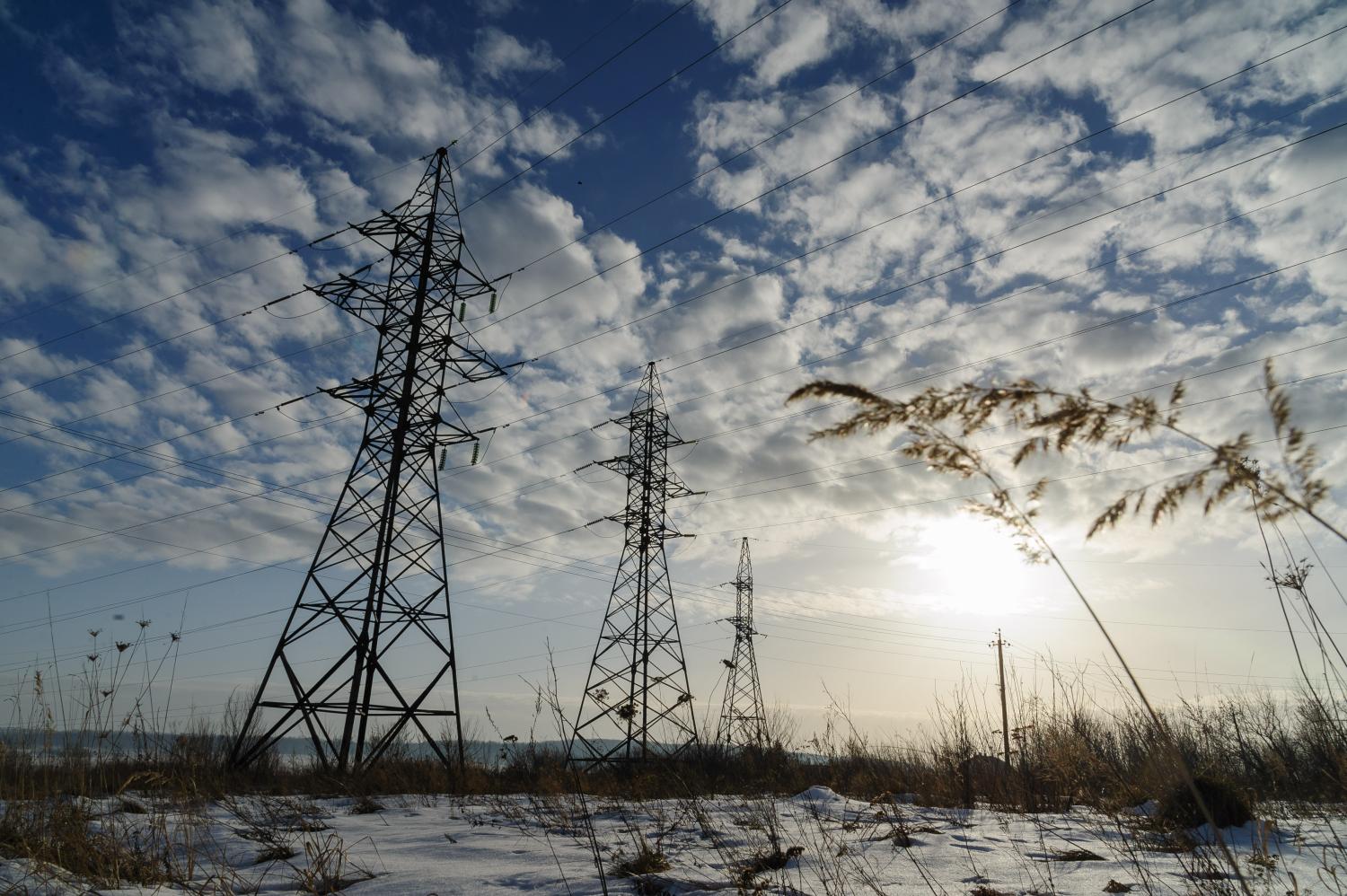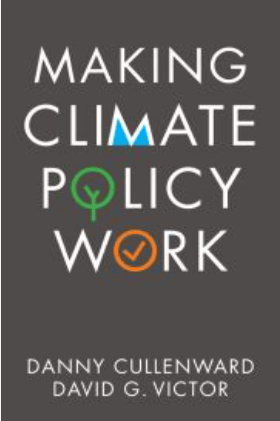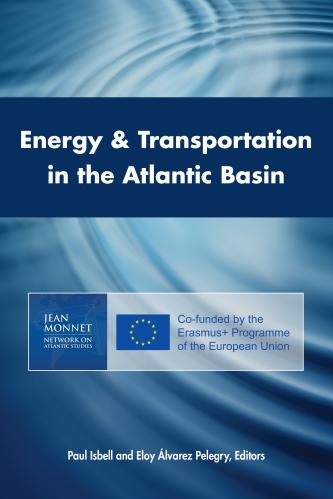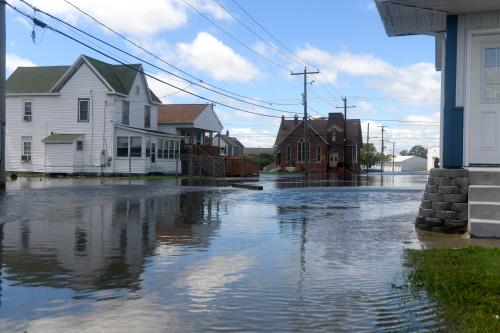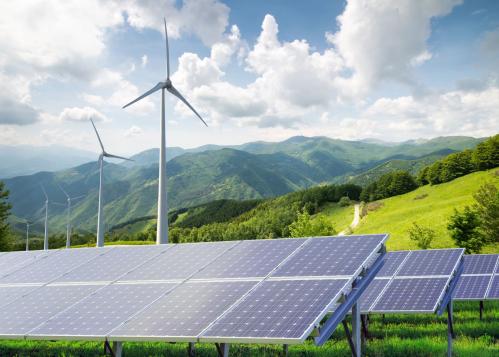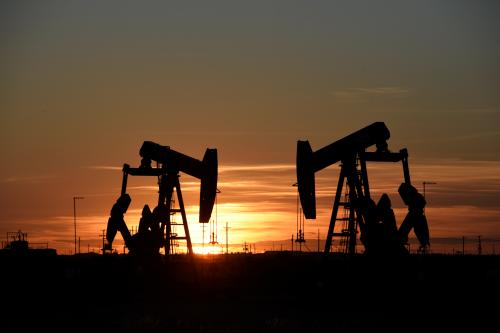In a joint Brookings – Environmental Defense Fund report, Stephanie H. Jones, Gabriel Malek, Michael Panfil, and David G. Victor examine the February 2021 Texas power crisis as a case study to spotlight how public companies are responding to current disclosure rules. Insufficient disclosure practices across Texas utility companies about present and future climate-related perils indicates a need for reform.
Abstract
The February 2021 extreme winter weather event and ensuing power outages in Texas (collectively, the “February 2021 Crisis”) are a salient example of the electric sector’s vulnerability to extreme weather events that will plausibly become more frequent and more severe with climate change. The blackouts were dangerous, costly, and in some cases deadly for the Texans who suffered the effects on the ground. Such events, and the market and policy responses they trigger, are also highly material to investors in the affected companies.
We use the February 2021 Crisis as a reference point to analyze what companies consider and disclose about present and future climate-related perils. We focus on the “10-K” reports filed with the Securities and Exchange Commission (“SEC”) by all seven major publicly-traded power generation and utility companies in the Texas Interconnection, the grid covering the majority of the state. The review finds that these reports say little about the physical impacts of climate change and possible policy changes in response to physical climate change impacts. Where the 10-Ks engage with climate-related risks at all, it is mainly in the domain of risks related to transition away from high carbon fuels, despite increasing evidence that material physical risks are knowable to companies (with varying degrees of uncertainty, as is common with many material risks). Investors are not readily able to gain such information absent corporate disclosure.
The high degree of similarity in the insufficiencies of disclosure practices across all seven companies analyzed reflects a need for reform in disclosure standards, rather than just reform by individual companies. We outline potential disclosure reforms that address failures of “memory” (i.e., the need to learn from prior extreme weather events, such as a similar cold snap in Texas in 2011) and failures of “imagination” (i.e., the need to do better forecasting of how climate impacts might affect assets, markets, and policies). We also conclude that existing voluntary frameworks—we focus on the TCFD—are not driving sufficient change in 10-K disclosure practices, which suggests the need for the SEC to mandate climate risk disclosures rather than expect that voluntarism will be sufficient. Finally, we outline a process by which the SEC can engage its fellow agencies and market participants to advance disclosure rules and practices, in tandem with evolving science around physical climate change impacts and improving capabilities of companies to assess climate-related risks to their assets.


